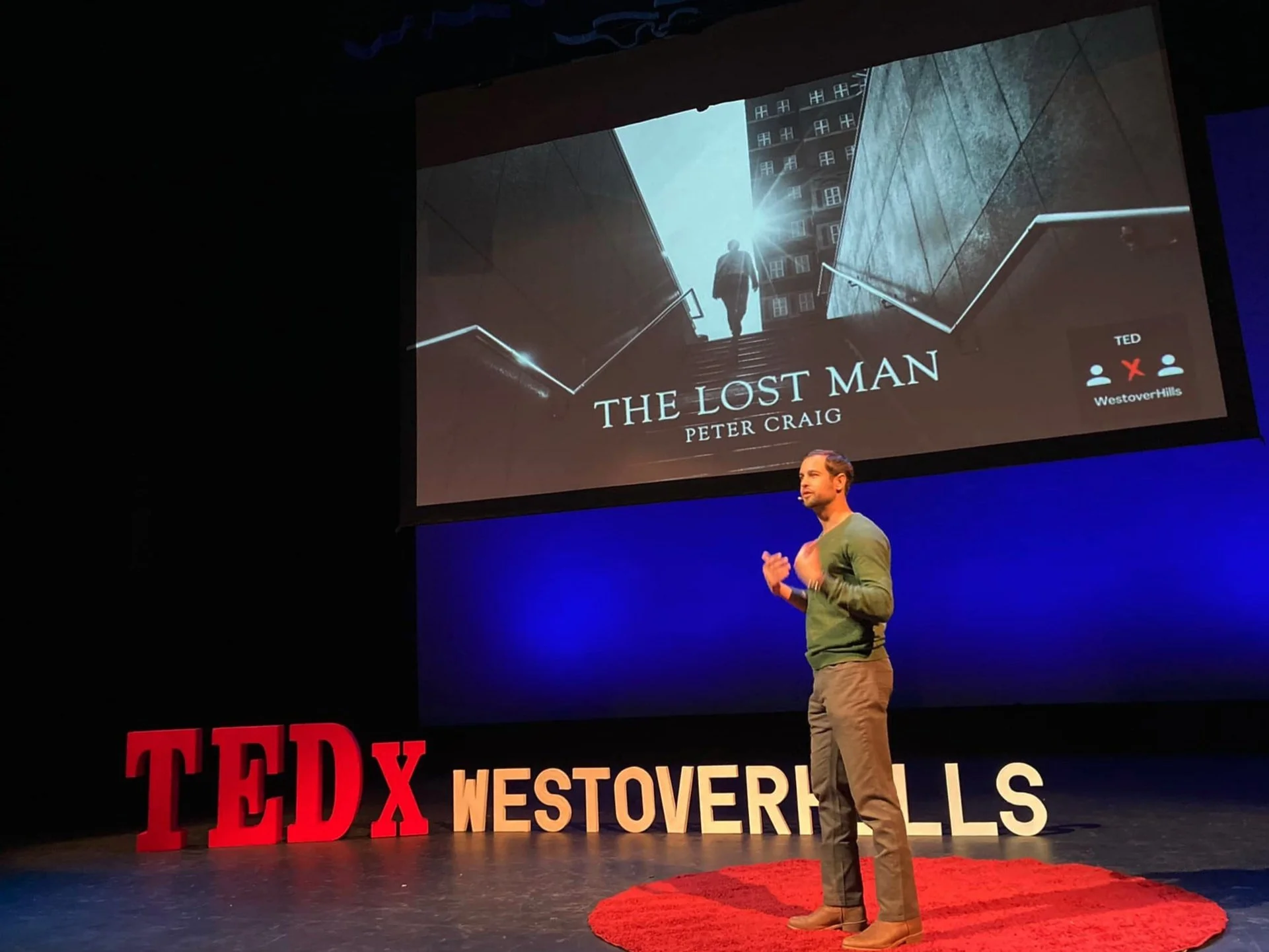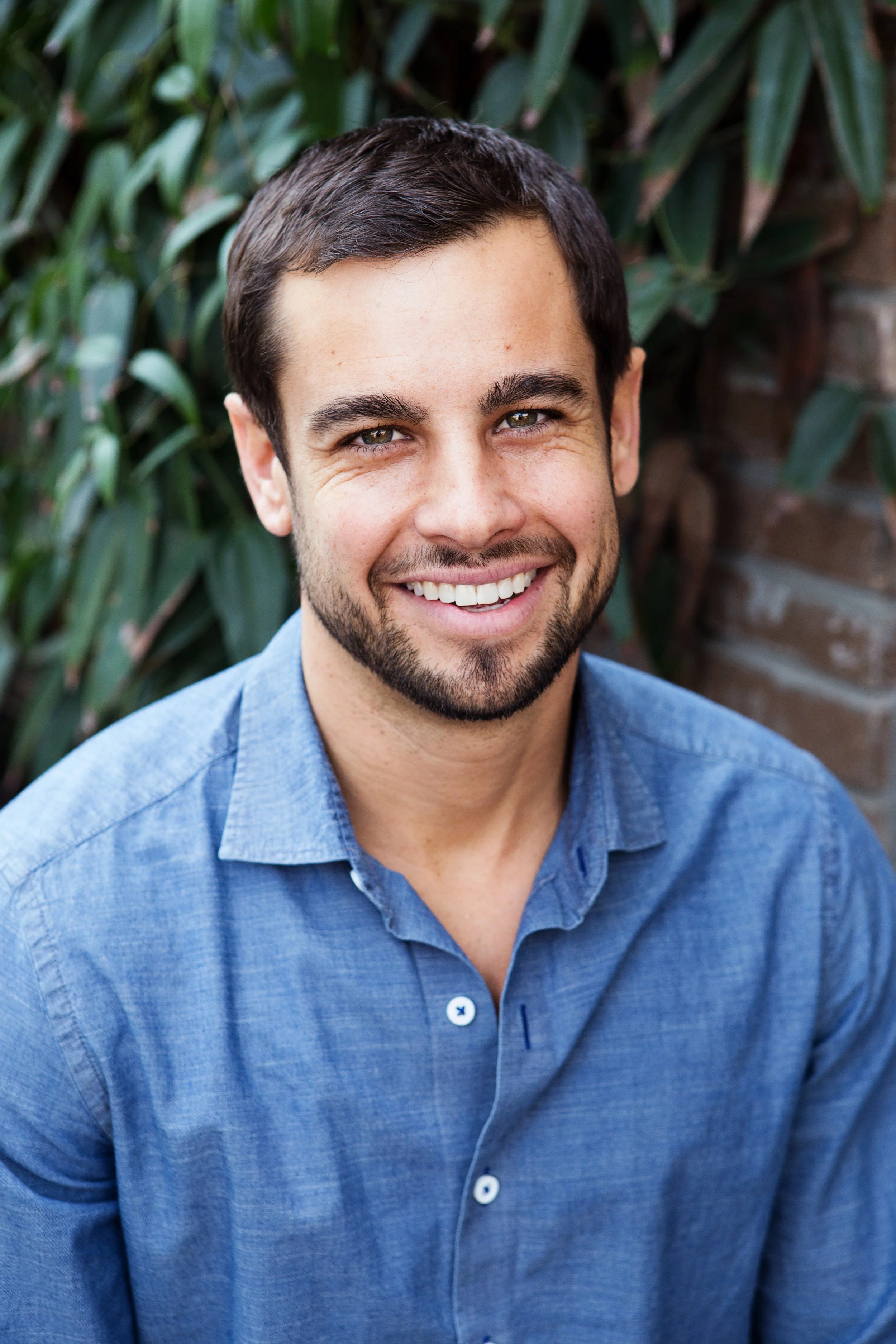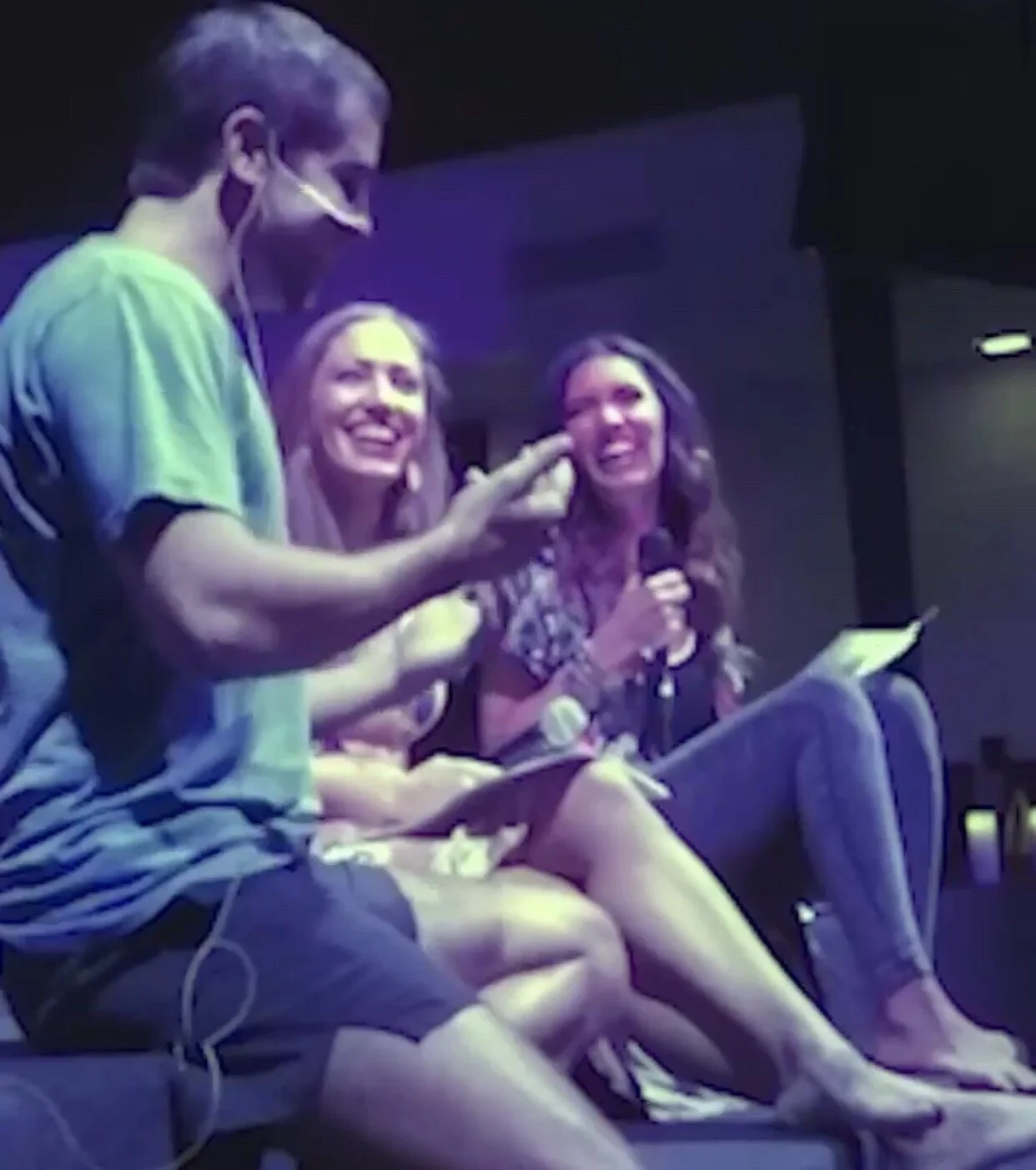Humbled and excited to announce that Austin Fit Magazine interviewed me for an article in their June edition. Check it out below…
Over the last few months, the conversation and news of COVID-19 have taken over our lives and forced Austinites to stay indoors, limiting social interaction to that of digital means. However, in the wake of the pandemic and its many implications, what was once a low hum of conversation is beginning to get louder: the importance of mental health.
Even though we stay home to protect ourselves and our neighbors from contributing to the spread of COVID-19, we must also look inward and make sure our own mental health is being taken care of as well.
Licensed marriage and family therapist, Mathis Kennington, Ph.D., says attention to mental health conversations is more visible due to what everyone is experiencing during the pandemic: uncertainty, which is why people are experiencing fear, anxiety and depression.
“It’s very difficult to consult with people to help them cope with anxiety when they don’t know if they’re going to be able to stay in their home, right? So, therapists and mental health practitioners and doctors are having to find new ways to help people cope with symptoms of poor mental health right now, because…this is unprecedented for everybody,” Kennington says.
Going back to Maslow’s Hierarchy of Needs, a person’s basic needs must be met before their psychological and self-fulfillment needs, because until then, all other needs are considered secondary. According to SimplyPsychology, these basic needs, such as food, water, warmth and rest need to be met for the human body to function properly.
“If you ask any therapist about this, they are going to tell you the same stuff: mindfulness, grounding, breathing techniques, etc. None of that shit works right now. It just doesn’t. The only thing that I have found to be helpful, right now, is a sense of solidarity,” Kennington says. “What I mean by that is you have to be connected right now to somebody or a group of people that are experiencing the same thing that you’re experiencing.”
Connecting with others who are experiencing similar situations and feelings allows one to be provided with a sense of connection and transcendance to an issue that they are suffering with, Kennington says.
“Mental health is extremely important to overall health. It’s as important as how the body functions right, because how we feel directs the choices that we make throughout the day,” Kennington says.
Because of this, many clinicians are organizing groups that will allow for people to meet others that are going through similar situations, whether it be a job loss, surviving COVID-19 and more.
“People who never really experienced or maybe don’t really connect with the experience of anxiety symptoms, depression symptoms — a lot of fear — are very aware of those feelings now, and they understand how arresting they can be,” Kennington says.
Peter Craig, a therapist from Austin Professional Counseling, says there is more appreciation for mental health and acknowledgement for how it plays a vital role in one’s physical health.
“If you’re carrying a lot of stress from unexpressed emotions or feeling like you can’t express how you feel, that actually shows up in your body as stress in your nervous system,” Craig says.
“I do think the mental health effects of lockdown are pretty intense for some people,” Craig says. “Some people might have the luxury of enjoying a little more time and space with their family or loved ones, but a lot of people are experiencing extra stress.”
Relationship issues because of COVID-19 are more complex, because, since people have been social distancing and staying home, there is more pressure on relationships to survive virtually, which can make those relationships even harder, Craig says.
Craig, who is now using secure video platforms to continue business, says he thinks there will be a growing place for virtual counseling, or telehealth, even after COVID-19, as our society becomes more digital.
Telehealth, according to Mayo Clinic, is “the use of digital information and communication technologies, such as computers and mobile devices, to access healthcare services remotely and manage your healthcare.”
“I mean, in-person is much more satisfying for human connection,” Craig says. “So, I think telehealth is going to increasingly have a place, but there’s nothing like sitting across from somebody — it’s not really the same.”
Craig says, for some people, going to an office away from their own space is somewhat of a ritual, and it could be difficult to substitute that with a virtual experience.
Kennington, who says his business initially dropped and then sharply increased from COVID-19, also utilizes telehealth.
“It deals with the problem of access,” Kennington says. “Most of the population probably didn’t really understand that telehealth was a very specific aspect of mental health or even until COVID.”
With telehealth, Kennington says it is more complex than simply hopping on a video call with a counselor, as there are telehealth training requirements. Since there is beginning to be more public awareness of the access of these virtual services, Kennington also reckons it will have a place in the future.
Craig says conversation surrounding mental health is becoming normalized, especially since the effects of COVID-19. Older generations used to view counseling as a confidential experience, whereas younger generations view therapy and counseling as a way of personal growth, optimization and are more open about their experiences with therapy.
Even though both therapists remark on how the effects of COVID-19 can be difficult to cope with, Craig says one of his recommendations is to find time for physical movement, whether it’s going for a long walk, jogging or even having a dance party for 30 minutes.
Another way to cope with the stress is to prioritize quality time with the people you are quarantined with and be present with one another, without devices, he says.
“I’m just wanting everyone to be kind to themselves. This is just a really hard time, and there’s uncertainty which makes us scared and fearful. And try practicing being kind to our experience,” Craig says.
There are a lot of people pushing for optimal productivity and taking advantage of the extra time we have to learn a new language and work on extra projects, but this isn’t a requirement, Craig says.
“If you want to go for that — great, but [you]also want to give people permission like, ‘Hey, just surviving right now — that’s an accomplishment,’” Craig says. “This might actually be a really good time to slow down and reflect on your life, and, you know, just be really present with making meals and being in front of the person that you’re with. So, just kind of having permission to not have to do all these things, which is to be okay as you are.”
https://www.austinfitmagazine.com/June-2020/mental-health-and-covid-19/










